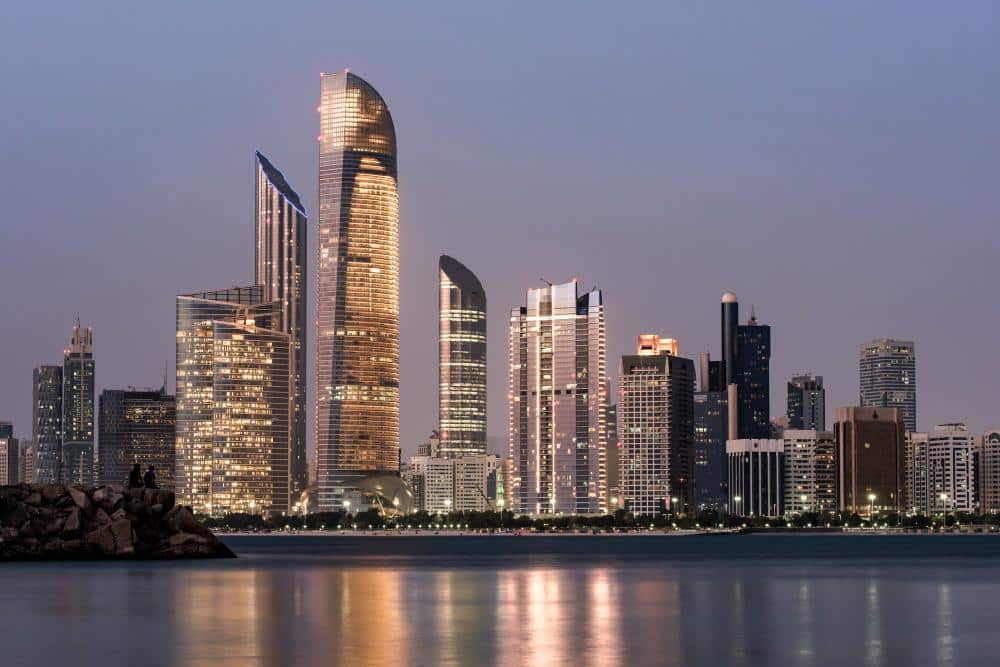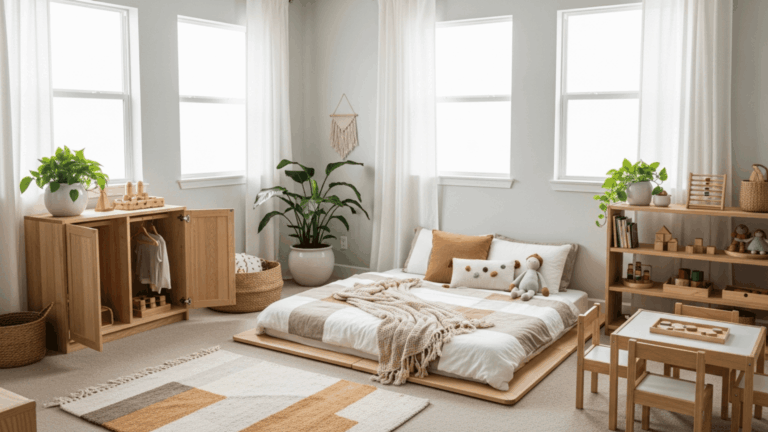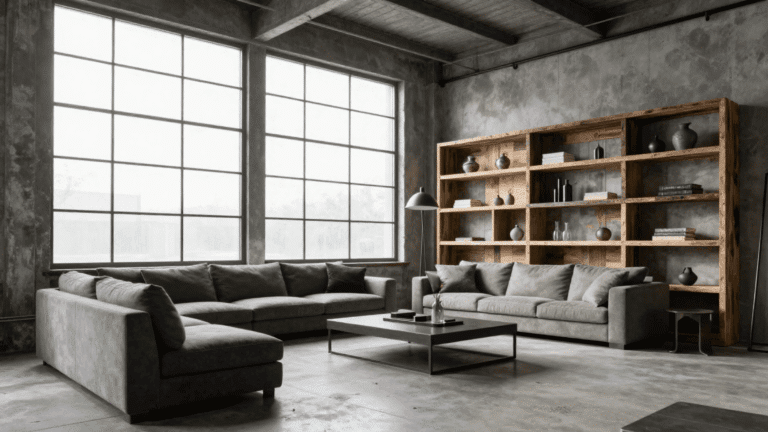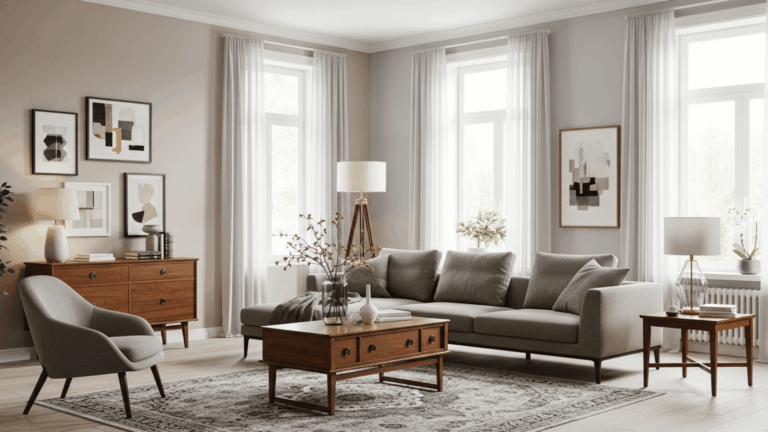Many expatriates, a good number of which are from the United States, are drawn to the United Arab Emirates (UAE) due to its stunning skylines, high-rise projects and mixed cultures. Although attention is mostly focused on Dubai and Abu Dhabi, there are also attractive rental offers in other emirates like Sharjah and Ras Al-Khaimah.
By uniting information on property for rent in the three largest emirates of the UAE, this guide gives an overview of different types of markets that could be interesting for Americans.
Understanding the UAE Rental Landscape
Understanding the general rental procedures and laws that apply throughout the UAE is essential prior to looking at individual emirates in detail.
- Online Property Portals: You can search for flats for rent on Bayut, a popular UAE property portal or similar property platforms across all emirates. Listings typically include details about rent, size, amenities, and location.
- Real Estate Agents: For Dubai, it is advisable to engage the services of agents who are registered with RERA while those in other emirates should be licensed with the respective authorities. These agents will help you in looking for the property, viewing it, negotiating its terms and processing the contract.
- Security Deposit: It is a refundable amount that is usually equivalent to one month’s rent or 5% of the annual rental for any accommodation.
- Tenancy Agreement: There should be a written tenancy agreement that follows the tenancy law in every Emirate. For instance in Dubai, one should do Ejari registration while in Abu Dhabi it is registered in Tawtheeq. Other emirates have separate contract registration procedures too.
- Payment Terms: Most tenants pay their rent using post-dated checks every quarter or after every six months. When fewer cheques are used it may lower the rate offered.
- Utilities: In most cases, occupants take care of the connection charges and bills for services such as; electricity (DEWA in Dubai, ADDC in Abu Dhabi, SEWA in Sharjah) and water.
- Maintenance: The tenancy agreement should state who is responsible for maintenance and repairs. Landlords usually take care of significant damages; however, tenants should look after minor maintenance work.
Dubai: The Global Metropolis
Expatriates looking for a high-speed life and different job prospects prefer Dubai. There is everything in this city – from townhouses to multi-storey apartments to spacious villas. The emirate provides excellent facilities such as swimming pools, and gyms, and it is also close to many leisure, dining, and shopping spots. In Dubai, one has to follow the RERA regulations strictly like registering under Ejari to have a valid tenancy.
Average studio yearly rentals in affordable areas according to Bayut’s 2024 rental report:
- Deira: AED 31,000 (USD 8,440)
- Bur Dubai: AED 48,000 (USD 13,068)
- International City: AED 34,000 (USD 9,256)
Abu Dhabi: The Capital’s Charm
The capital of the UAE, Abu Dhabi is a cultural yet modern city. This city also has different kinds of housing including apartments, townhouses, and villas. Most districts are designed to be suitable for families and have facilities such as parks, schools and museums. With all lease agreements officially recorded under Tawtheeq, landlords and tenants are guaranteed their rights.
Average studio yearly rentals in affordable areas according to Bayut’s 2024 rental report:
- Al Reem Island: AED 53,000 (USD 14,429)
- Khalifa City: AED 30,000 (USD 8,167)
- Al Khalidiyah: AED 32,000 (USD 8,712)
Sharjah: The Cultural Heart
Families can live well in Sharjah with less money as it is a good option for everyone. In this town, one can get apartments, townhouses or villas that are renowned for being family-oriented with many amenities such as parks as well as cultural attractions like museums.
It may have an impact on the way people live since it is a much of conservative environment when compared to other emirates. There is greater modesty in dressing and public behavior within the community. Sharjah uses its own decree of law related to leasing contracts and agreements.
Average studio yearly rentals in affordable areas according to Bayut’s 2024 rental report:
- Al Nahda (Sharjah): AED 25,000 (USD 6,806)
- Al Majaz: AED 20,000 (USD 5,445)
- Muwaileh: AED 21,000 (USD 5,717)
Conclusion
In the UAE, there are different renting experiences one can get depending on where you are. Americans can have a nice place and feel at home in the UAE if they take into account various rental market dynamics, legislations and local cultures in each emirate. To move easily into this exciting environment, it is important to gather information about the sector, work with trustworthy mediators, and most importantly analyze rental agreements properly.
Frequently Asked Questions
Q1: Are pets generally allowed in rental properties across the UAE?
A: There are different pet policies in each building and for every landlord throughout the Emirates. Even though some communities and buildings allow pets, one should make sure about the pet rules first before signing the lease by contacting the agent or landlord.
Q2: Is it common to negotiate the rental price in the UAE?
A: Negotiation may happen, although it is not assured. In a competitive rental market, especially in high-demand areas or during periods of low vacancy, landlords may be less inclined to negotiate. However, there might be an opportunity for negotiation if you are ready to make payments in fewer cheques or agree to a longer lease period.
Q3: What are the typical costs associated with moving into a rental property besides the rent and security deposit?
A: Apart from the initial rent payment and deposit, be ready to chip in for both; agency charges and registration costs in the relevant Emirate. Also, take into account the expenses of connecting the utilities since this may require you to have a security deposit aside from other connection charges required. Besides, one should also include the moving-in cost in their budget plan as well as money for buying new furniture in case of an unfurnished property.
















